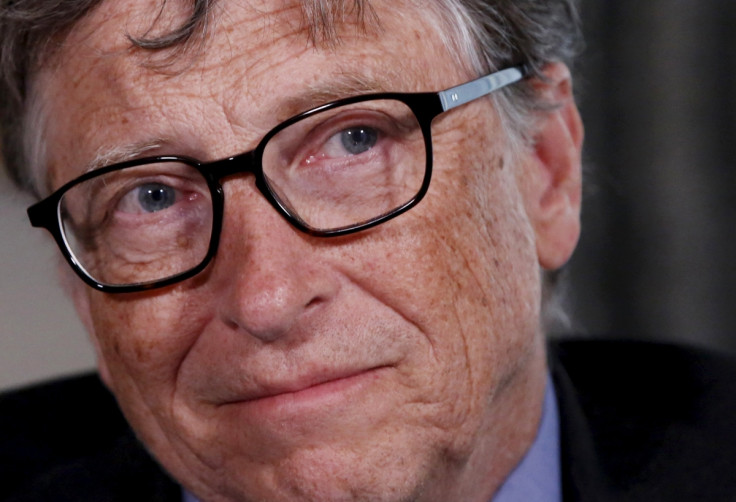Apple vs FBI: Bill Gates sides with US law enforcement in historic iPhone encryption case

Microsoft co-founder Bill Gates has sided with US law enforcement in the ongoing encryption case playing out between the FBI and technology giant Apple. Choosing to take a different approach to firms like Google, Facebook and Twitter, Gates has indicated that Apple CEO Tim Cook should help to unlock the iPhone of the San Bernardino shooter as requested by a federal judge.
"This is a specific case where the government is asking for access to information. They are not asking for some general thing, they are asking for a particular case," Gates told the Financial Times in an interview, adding that he does not believe this is about the FBI installing a 'backdoor' into Apple products.
"It is no different than [the question of] should anybody ever have been able to tell the phone company to get information, should anybody be able to get at bank records. Let's say the bank had tied a ribbon round the disk drive and said, 'Don't make me cut this ribbon because you'll make me cut it many times,'" he said.
Gates, who was speaking at an event set up as part of his charity organisation, added: "I hope that we have that debate so that the safeguards are built and so people do not opt — and this will be country by country — [to say] it is better that the government does not have access to any information."
Gates' statement puts him at odds with the stance of this own company Microsoft, which has previously directed questions to a statement issued by the 'Reform Government Surveillance' group which opposed the moves by the FBI to force Apple to unlock the suspect's device.
Meanwhile James Comey, director of the FBI, recently called the case 'a narrow issue' while denying his agency wants to break encryption or set a precedent. "We don't want to break anyone's encryption or set a master key loose on the land," he said.
"I hope thoughtful people will take the time to understand that. Maybe the phone holds the clue to finding more terrorists. Maybe it doesn't. But we can't look the survivors in the eye, or ourselves in the mirror, if we don't follow this lead."
© Copyright IBTimes 2024. All rights reserved.






